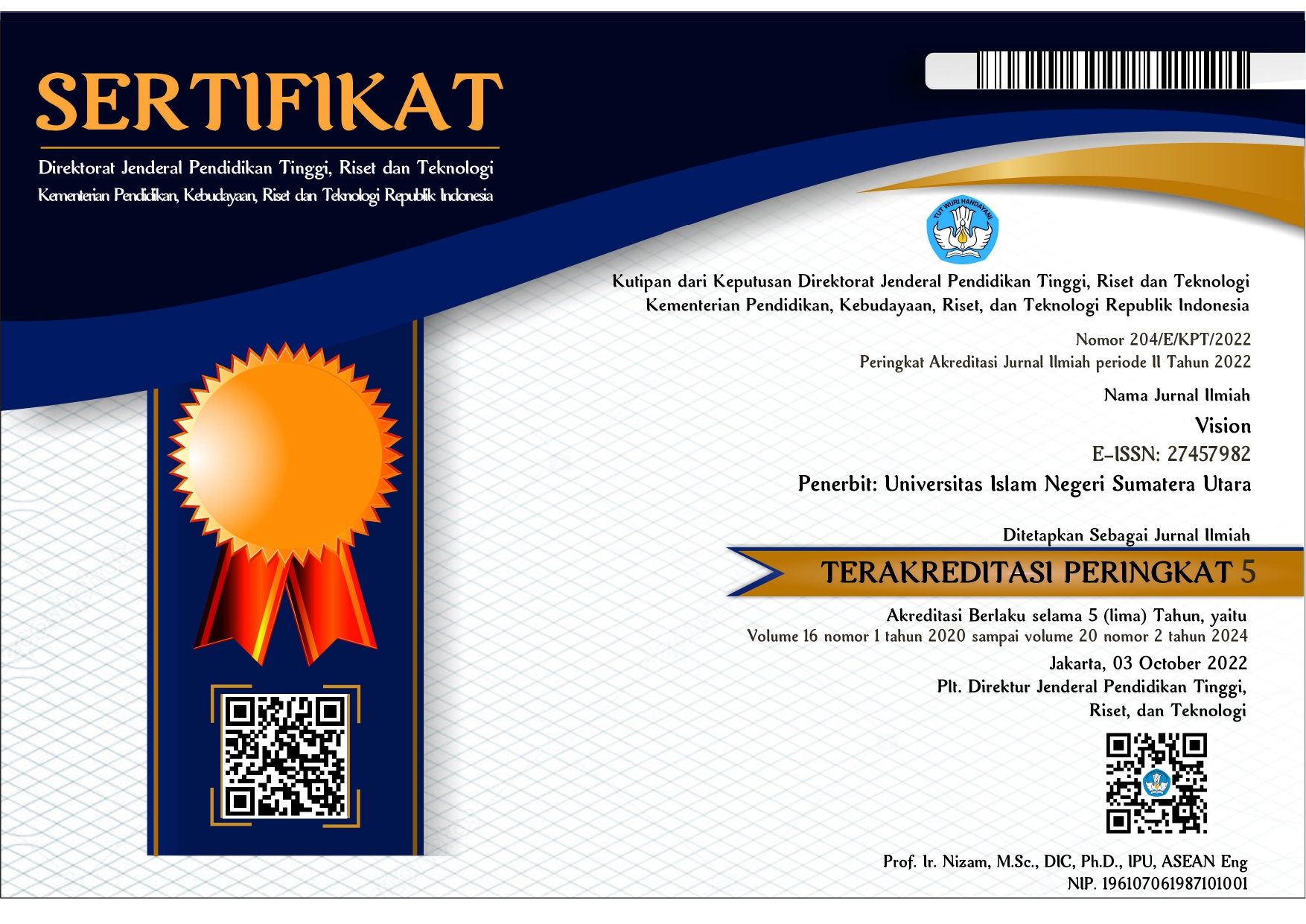THE ROLE OF PRAGMATIC AWARENESS IN EFL UNIVERSITY STUDENTS' COMMUNICATION SKILLS
Abstract
This study investigates the relationship between pragmatic awareness and communication skills among EFL university students. Using a mixed-methods approach, 150 students from one of university in Medan participated in a 4-week study involving pragmatic awareness tests, communication skills assessments, semi-structured interviews, and classroom observations. Results revealed a strong positive correlation between pragmatic awareness and overall communication abilities. Students who received explicit pragmatic instruction demonstrated significant improvements in both pragmatic competence and communication skills compared to the control group. Qualitative data highlighted enhanced cultural sensitivity, improved interpretation of implicit meanings, and increased adaptability as key benefits of pragmatic awareness. The study concludes that integrating pragmatic instruction into EFL curricula is crucial for developing effective communicators in diverse cultural contexts. Implications for EFL pedagogy and suggestions for future research are discussed.
Keywords
Full Text:
PDFReferences
Astina, Nurhamdah, & Amzah. (2020). The Analysis of Teaching English Pronunciation at Young Learners. Inspiring: English Education Journal, 3(1). https://doi.org/10.35905/inspiring.v3i1.1991
Azar, B. S. (2002). Understanding and Using English Grammar (3rd ed.). Pearson Education.
Bengtsson, M. (2016). How to plan and perform a qualitative study using content analysis. NursingPlus Open, 2. https://doi.org/10.1016/j.npls.2016.01.001
Deni, R., & Fahriany, F. (2020). Teachers’ Perspective on Strategy for Teaching English Vocabulary to Young Learners. Vision: Journal for Language and Foreign Language Learning, 9(1). https://doi.org/10.21580/vjv9i14862
Fachraini, S., Bina, S., & Getsempena, B. (2017). USING ENGLISH SONGS TO INCREASE EARLY STUDENTS’ VOCABULARY. In Getsempena English Education Journal (GEEJ (Vol. 4, Issue 2).
Fahriany, F., Fitriani, F., Farhan, L., Husna, N., Hidayat, D. N., & Mahlil, M. (2022). Teachers’ Challenges in Teaching Online English to Young Learners: A Case Study in Pandemic Era. Jurnal Basicedu, 6(4). https://doi.org/10.31004/basicedu.v6i4.2876
Frank, M. (1972). Modern English: exercises for non-native speakers (PART I: part of speech) (1st ed.). Prentice-Hall, Inc.
Karmila, E., Mujahidah, & Ahdar. (2020). Word Clap Game to Enhance Students’ Vocabulary Mastery. Inspiring: English Education Journal, 3(1). https://doi.org/10.35905/inspiring.v3i1.1319
Martin, C. (2013). The effects of Songs in Foreign Language Classroom on Vocabulary retention and Motivation.
Phisutthangkoon, K., & Panich, M. (2016). Effectiveness of English song activities on vocabulary learning and retention. The European Conference on Language Learning.
Rohmah, N., & Indah, R. N. (2021). The Use of Modified English Song To Improve Vocabulary. Journal of English Language Teaching.
Sugiyono. (2013). Metode Penelitian Kuantitatif, Kualitatif, dan R&D. Alfabeta.
Umah, Y. C. (2019). Fun English language learning for Kids. EDUTEC : Journal of Education And Technology, 2(2). https://doi.org/10.29062/edu.v2i2.28
Wijaya Mahardika, I. G. N. A., Widiati, U., Bhastomi, Y., & Suryati, N. (2021). Camera roll, action! non-specialist undergraduate english learners’ perceptions of using video production in learning english. Journal of University Teaching and Learning Practice, 18(3). https://doi.org/10.53761/1.18.3.8
DOI: http://dx.doi.org/10.30829/vis.v20i2.3954
Refbacks
- There are currently no refbacks.
Copyright (c) 2024 VISION
















